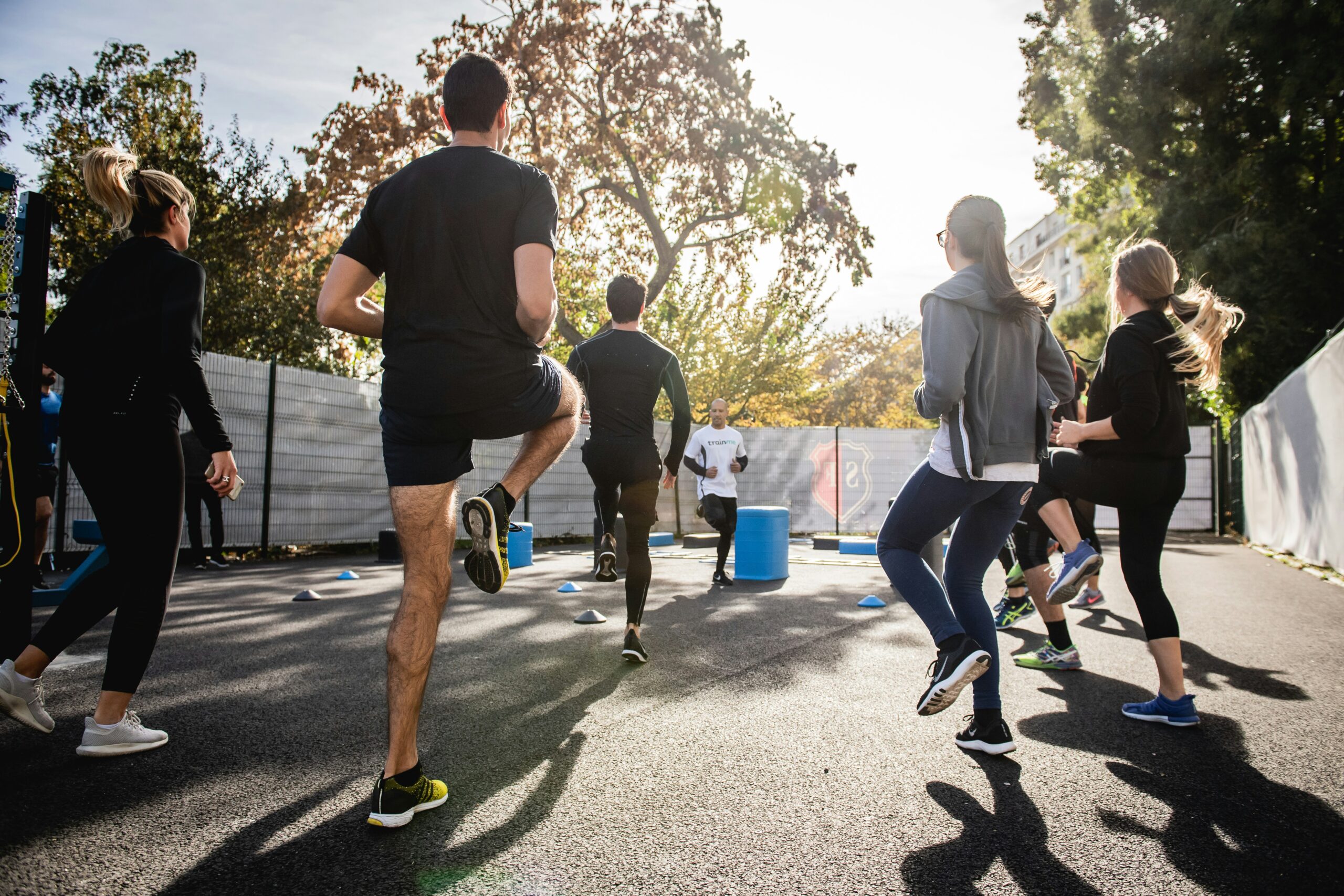
Mental resilience is the ability to adapt to stress, adversity, and challenges. One of the most potent ways to build mental resilience is through regular physical activity. Daily exercise is not just about physical fitness; it plays a crucial role in enhancing our ability to cope with emotional and psychological challenges. Physical activity helps individuals develop a stronger, more resilient mindset by improving brain function, promoting positive mood changes, and fostering emotional stability.
When we engage in exercise, our brain releases endorphins, the body’s natural mood elevators. These endorphins help reduce stress and anxiety, promoting a sense of well-being. As a result, those who regularly engage in physical activity find it easier to cope with life’s ups and downs, feel more confident in handling challenges, and develop a more positive outlook on life. Whether it’s a morning jog, a yoga session, or a strength training routine, consistent exercise strengthens both the body and the mind.
How Regular Exercise Builds Mental Toughness
Physical activity plays a crucial role in developing mental toughness, a key factor in achieving mental resilience. When we push ourselves through challenging workouts, we learn how to persevere, face discomfort, and stay focused despite fatigue or setbacks. These lessons of persistence and determination translate to greater mental strength in daily life, enabling individuals to face stress and adversity with calm and composure.
Daily exercise is an opportunity to practice resilience. Each time we push through a workout, whether lifting weights, running, or participating in an intense fitness class, we train our minds to stay committed to the task at hand. This ability to endure and overcome challenges helps develop the mental fortitude needed to navigate life’s difficulties. As physical strength improves, so does mental strength, reinforcing the belief that perseverance leads to success, both in fitness and beyond.
Exercise as a Stress Reliever
One of the most immediate benefits of physical activity is its ability to reduce stress. Physical activity triggers the release of endorphins, which are neurotransmitters responsible for feelings of happiness and relaxation. By balancing the levels of stress hormones, such as cortisol, exercise helps individuals manage stress more effectively and maintain emotional equilibrium.
Incorporating daily physical activity into one’s routine can provide a healthy outlet for pent-up tension. Whether it’s through cardio exercises like cycling or walking, or strength-based activities like weightlifting, the body releases stress and improves mood. This regular release of tension is essential for mental resilience, as it helps individuals stay balanced and composed during high-pressure situations. With a consistent fitness regimen, stress becomes more manageable, and emotional reactions to difficult circumstances are less likely to overwhelm the mind.
The Role of Exercise in Emotional Regulation
Emotional regulation is a critical component of mental resilience, and regular physical activity is an effective tool for developing this skill. Consistent exercise helps individuals regulate their emotions by increasing awareness of their physical and mental states. Whether through mindful practices like yoga or simply focusing on the rhythm of a workout, physical activity provides a moment of mindfulness that improves emotional control.
Exercise also serves as a means of processing and releasing negative emotions. When people engage in physical activities, they often experience a sense of relief and emotional release. This helps reduce anxiety and depression, creating a more balanced emotional state. Over time, the emotional benefits of exercise accumulate, leading to increased emotional stability. As emotional regulation becomes more natural, individuals are better able to manage their reactions to stress, maintain focus, and approach challenges with greater emotional control.
The Long-Term Benefits of Daily Physical Activity on Mental Resilience
The mental resilience developed through daily physical activity is not just a short-term benefit; it also has long-term benefits. Over time, consistent exercise leads to lasting changes in how we handle stress, adversity, and emotional challenges. Regular physical activity strengthens the brain, boosts mood, and enhances overall emotional resilience, enabling individuals to become more adaptable and resourceful in the face of challenging situations.
Exercise also improves sleep quality, which is essential for maintaining mental clarity and resilience. A good night’s sleep enables the brain to rest and reset, making it easier to cope with stress the next day. Those who regularly exercise tend to sleep better, which in turn leads to improved cognitive function, reduced emotional reactivity, and greater mental resilience. By incorporating physical activity into daily life, individuals can establish a solid foundation of mental resilience that benefits them in every aspect of life.
Daily physical activity is one of the most effective ways to build and maintain mental resilience. Through exercise, individuals can develop mental toughness, regulate their emotions, reduce stress, and enhance their ability to cope with life’s challenges. Regular physical activity not only improves physical health but also enhances mental well-being, helping individuals become more resilient, emotionally stable, and mentally sharp. By incorporating fitness into your routine consistently, you can improve your mental resilience and approach life’s challenges with greater confidence and ease.